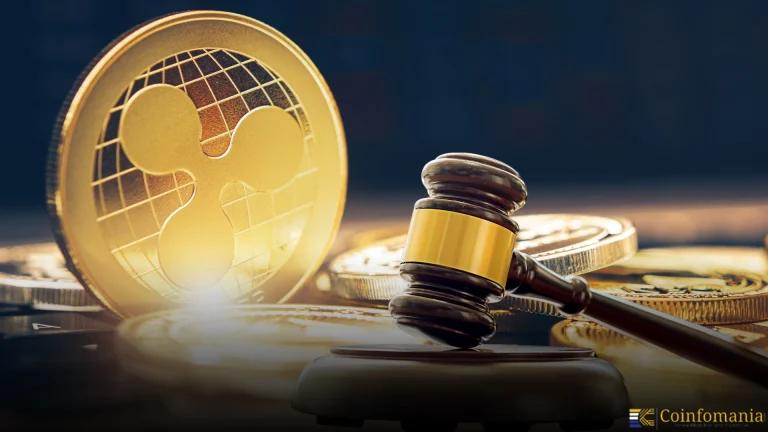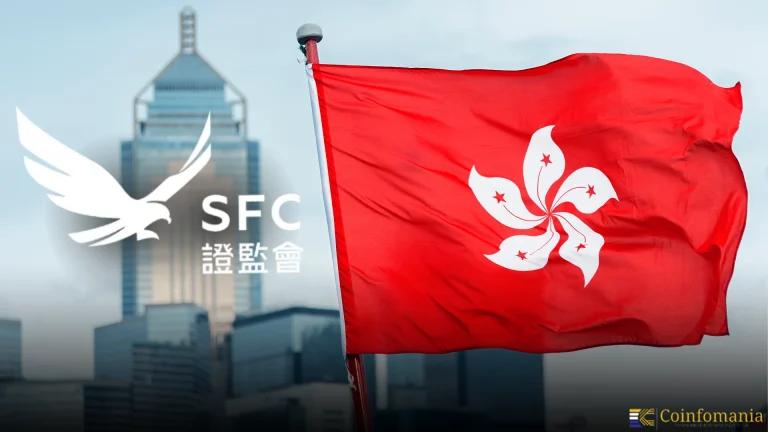Cryptocurrency Regulations in Venezuela
With regards to cryptocurrency regulation, Venezuela occupies a unique crossroad. It is neither fully crypto-friendly nor completely restrictive. However, in some aspects, the nation has taken to blockchain, launching its native state-backed cryptocurrency—the Petro—or similarly showing its commitment by controlling the blockchain trade through agencies like SUNACRIP. It is important to understand Venezuela’s crypto landscape. […]

With regards to cryptocurrency regulation, Venezuela occupies a unique crossroad. It is neither fully crypto-friendly nor completely restrictive. However, in some aspects, the nation has taken to blockchain, launching its native state-backed cryptocurrency—the Petro—or similarly showing its commitment by controlling the blockchain trade through agencies like SUNACRIP.
It is important to understand Venezuela’s crypto landscape. Cryptocurrencies are a financial lifeline for citizens as rampant inflation and international sanctions make the fiat currency unstable, yet businesses and investors must wade through a maze of inconsistent policies and unclear enforcement.
Key Regulatory Bodies:
- SUNACRIP (National Superintendence of Cryptoassets)
- Central Bank of Venezuela (BCV)
Historical Context
According to the country’s history, in 2017 Venezuela began to venture on a cryptocurrency scale with the Petro — a digital money that was supported by oil and mineral reserves. Yet, this move proved to be controversial as the National Assembly declared it illegal, and the measure was not practically enforced to any great extent.
Confusion arose, followed by raids on the mining operations and unregulated exchanges because of the lack of initial clarity. In 2020, the country took an attempt to legalize it, creating the National Mining Pool, which legalized Bitcoin mining under strict conditions. These developments have been in touch with an ongoing tension between innovation and control.
Regulatory Framework
Key Regulatory Authorities
Under the Constituent Decree on the Integral System of Cryptoassets (SIC), SUNACRIP has extensive power in matters of mining, exchanges and crypto activities in general.
On the other hand, BCV occasionally intervenes in the monetary policy and the financial oversight.
Licensing and Registration
SUNACRIP also requires crypto exchanges, miners and brokers to obtain a license. Also, miners need to enroll in the Integral Miners Registry (RIM) and join the National Mining Pool.
AML/KYC Obligations
AML/KYC compliance is presumed to correlate well with global standards, but public enforcement procedures have no lengthy details.
Taxation
Crypto transactions are taxed as capital gains, and in 2022 a bill was proposed to set a limit of up to 20% tax on crypto-related transactions. However, implementation varies.
ICOs & STOs
For ICOs or STOs, no specific ICOs or STOs framework has been detailed out by far; they are assumed to be covered under a broader crypto asset regulations regime.
Venezuela’s Crypto Policies
In terms of theory, the government supports blockchain innovation and blockchain—to an extent—through Petro and mining laws, but enforcement on that is not really consistent. Such efforts to give the Petro status as a legal tender, however, have been undermined by corruption.
Mining is legal but highly restricted. Equipment confiscation or legal action awaits the miners that don’t comply. The misappropriation of over $3 million in March 2023 proved to be a corruption scandal that paralyzed SUNACRIP, raising questions about whether one could place trust in state crypto programs.
Beyond the Petro, there is no CBDC, however, the use of blockchain for state payments is being discussed.
Venezuela’s Approach to Crypto Innovation
There is no regulatory sandbox or crypto innovation hub in Venezuela. Most innovation is fueled by the need, not politics.
Adoption in Business
After sanctions, crypto is very important in terms of remittances. In 2023, 9% of remittances were carried out via cryptocurrencies.
Blockchain Development
Mainly limited to government-driven initiatives with almost no innovation support systems built to support communities or other private sector initiatives.
Notable Challenges and Issues
Regulatory Consistency
Regulatory regimes are forever in flux and businesses and investors do not know where they stand from one moment to the next.
Enforcement Issues
There aren’t enough resources available to the authorities to force crypto laws through. As a result, there has been inconsistent policing of miners and exchanges.
Public Trust
Public perception is mixed. While numerous rely on crypto to survive inflation, several also relate it to state corruption and faulty missions, including the Petro.
Conclusion
Crypto regulation in Venezuela is a story of contradictions: State-backed DGCs, citizen-driven adoption, but a governance constricted by corruption. This landscape is crucial for investors and businesses to know. Opportunities exist; so do risks.
But staying informed is paramount.
Frequently Asked Questions (FAQs)
1. Is Bitcoin legal in Venezuela?
Bitcoin indeed is legal but it goes under the regulations of SUNACRIP.
2. What is Petro?
Petro is a government-issued digital currency backed by oil launched in 2018 with low adoption rate.
3. Is it possible to mine crypto in Venezuela?
Yes, just as long as you register with the Integral Miners Registry and you do your work through the National Mining Pool.
4. Are crypto exchanges legal?
Yes, however, exchanges must be licensed by SUNACRIP.
5. Is crypto taxed in Venezuela?
Yes. In 2022, a bill called for a 20% tax on crypto transactions.
6. Are ICOs regulated in Venezuela?
Not directly. It is assumed that ICOs are covered by general crypto regulations.
7. Is it possible for businesses to accept crypto as payment?
Yes, remittances for example, though it’s not officially encouraged.
8. What is the impact of Venezuela’s crypto policy on remittances?
Low trust in banks, foreign sanctions, and anonymity bring huge spaces for the crypto area.
9. Are there crypto startups that have some kind of regulatory sandbox to start with?
Venezuela has not put into place a blockchain innovation sandbox.
10. What risks should investors consider?
Venezuela is a high-risk crypto environment due in large part to frequent regulatory changes, corruption, and unclear enforcement.
Follow us on Google News
Get the latest crypto insights and updates.
Related Posts

Ripple Highlights Custody as Key to $18.9T Tokenized Assets by 2033
Shweta Chakrawarty
Author

Hong Kong SFC Issues New Custody Rules for Crypto Platforms
Shweta Chakrawarty
Author

South Korea and Vietnam eye $150B trade despite Trump tariff
Shweta Chakrawarty
Author